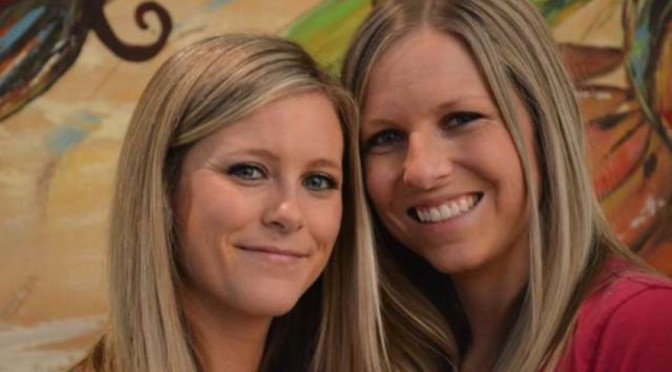Ben Affleck and Jennifer Garner are continuing with plans for divorce.
Ben Affleck and Jennifer Garner aren’t getting back together after all.
Although the former couple has been spending tons of family time with their children, daughters Violet, 10, and Seraphina, 7, and son Samuel, 4, a source has since confirmed they have no plans to reunite romantically.
“She seems adamant about going through with it,” a friend of the actress toldPEOPLE Magazine on Thursday.
Currently, Garner is in Los Angeles with her kids as they prepare for the end of school and Affleck, who is in the midst of production on The Justice League, has returned to London from L.A., where he recently appeared at the Spike Guys’ Choice Awards.
Garner “denies that she is back with Ben,” the friend added. “She actually almost laughs when asked.”
As for when she and Affleck will officially end their marriage, it may be a while as Garner reportedly “doesn’t seem to mind at all that it’s not finalized.”
Months ago, Garner spoke out about the end of her relationship and Affleck’s alleged affair with their former nanny, Christine Ouzounian.
“I didn’t marry the big fat movie star; I married him,” Garner revealed during a candid interview with Vanity Fair in February. “And I would go back and remake that decision. I ran down the beach to him, and I would again. You can’t have these three babies and so much of what we had. He’s the love of my life. What am I going to do about that? He’s the most brilliant person in any room, the most charismatic, the most generous. He’s just a complicated guy. I always say, ‘When his sun shines on you, you feel it.’ But when the sun is shining elsewhere, it’s cold. He can cast quite a shadow.”
“We had been separated for months before I ever heard about the nanny,” Garner continued. “She had nothing to do with our decision to divorce. She was not a part of the equation. Bad judgment? Yes. It’s not great for your kids for [a nanny] to disappear from their lives.”
Sourced From – http://www.enstarz.com/articles/163005/20160609/ben-affleck-and-jennifer-garner-marriage-couple-is-not-calling-off-divorce-video.htm




